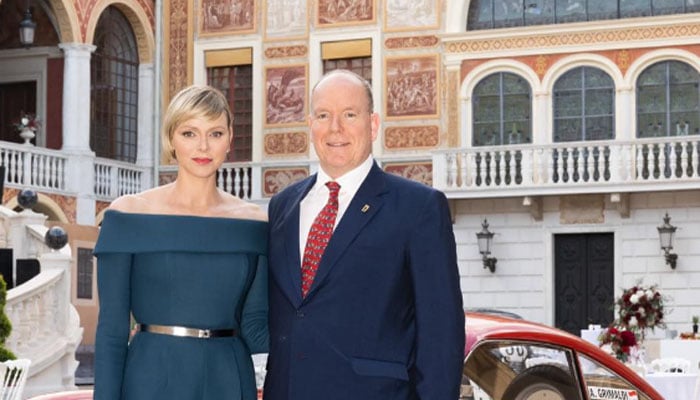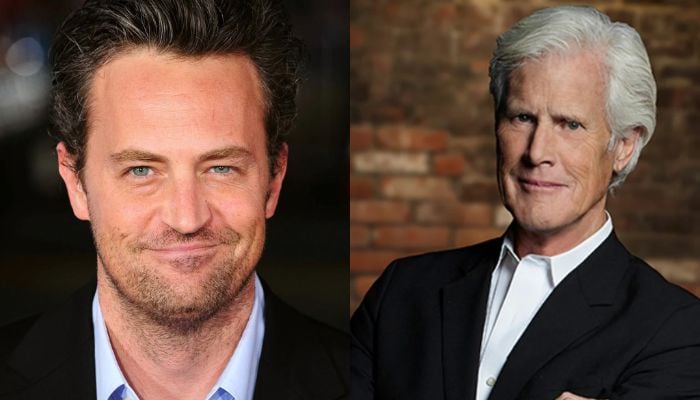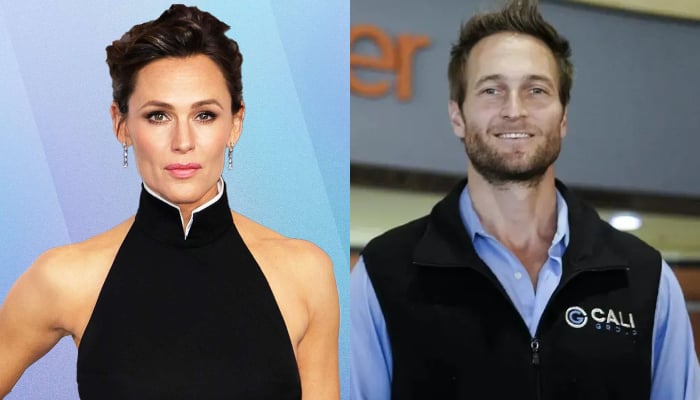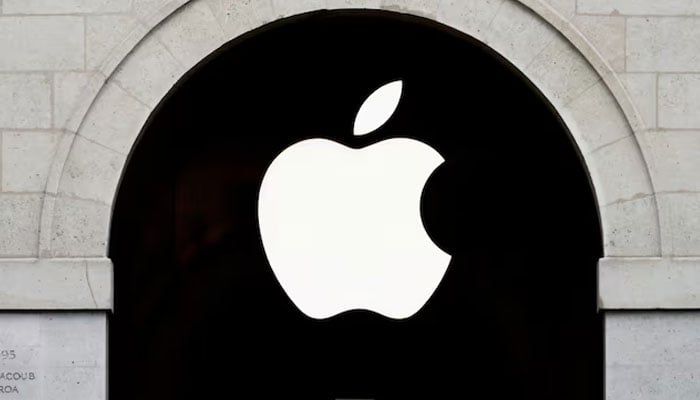

WASHINGTON - The United States Supreme Court has for the first time recognised that former presidents have immunity from prosecution for certain actions taken in office, as it threw out a judicial decision rejecting Donald Trump’s bid to shield himself from criminal charges involving his efforts to undo his 2020 election loss.
The court on Monday ruled 6-3 that while former presidents enjoy immunity for actions they take within their constitutional authority, they do not for actions taken in a private capacity. The ruling marked the first time since the nation’s 18th-century founding that the Supreme Court has declared that former presidents may be shielded from criminal charges in any instance.
The justices, in ruling written by Chief Justice John Roberts, threw out a lower court’s decision that had rejected Trump’s claim of immunity from federal criminal charges involving his efforts to undo his 2020 election loss to Joe Biden. The six conservative justices were in the majority. Its three liberals dissented.
“And the parties and the District Court must ensure that sufficient allegations support the indictment’s charges without such conduct,” they write. That means that once the official acts are stripped away, the trial court must decide if there’s enough still in the indictment to go forward. They’re basically warning that the case against Trump may fall apart.
They also write: “Testimony or private records of the President or his advisers probing such conduct may not be admitted as evidence at trial.”
Private records typically include texts, emails and notes, which means a lot of what Trump wrote on 6 January, 2021 may not be used as evidence.
Justice Sonia Sotomayor, joined by Justices Elena Kagan and Ketanji Brown Jackson, dissented the opinion. That means they voted against the majority ruling. Justice Sotomayor called the consequences of the court’s decision “stark” and said the court’s decision allows a president to use official powers to be insulated from criminal prosecution. “Today’s decision to grant former Presidents criminal immunity reshapes the institution of the presidency,” she wrote.
Justice Sotomayor said a president would now be protected if they order the Navy’s Seal Team 6 to assassinate a political rival, organise a military dissenting coup to hold onto power, or take bribes in exchange for a pardon.
“Even if these nightmare scenarios never play out, and I pray they never do, the damage has been done,” she wrote. Minutes after the decision was released, Trump wrote on social media: “Big win for our constitution and democracy. Proud to be an American!”
“We conclude that under our constitutional structure of separated powers, the nature of presidential power requires that a former president have some immunity from criminal prosecution for official acts during his tenure in office,” Roberts wrote.
Immunity for former presidents is “absolute” with respect to their “core constitutional powers,” Roberts wrote, and a former president has “at least a presumptive immunity” for “acts within the outer perimeter of his official responsibility,” meaning that prosecutors face a high legal bar to overcome that presumption.












